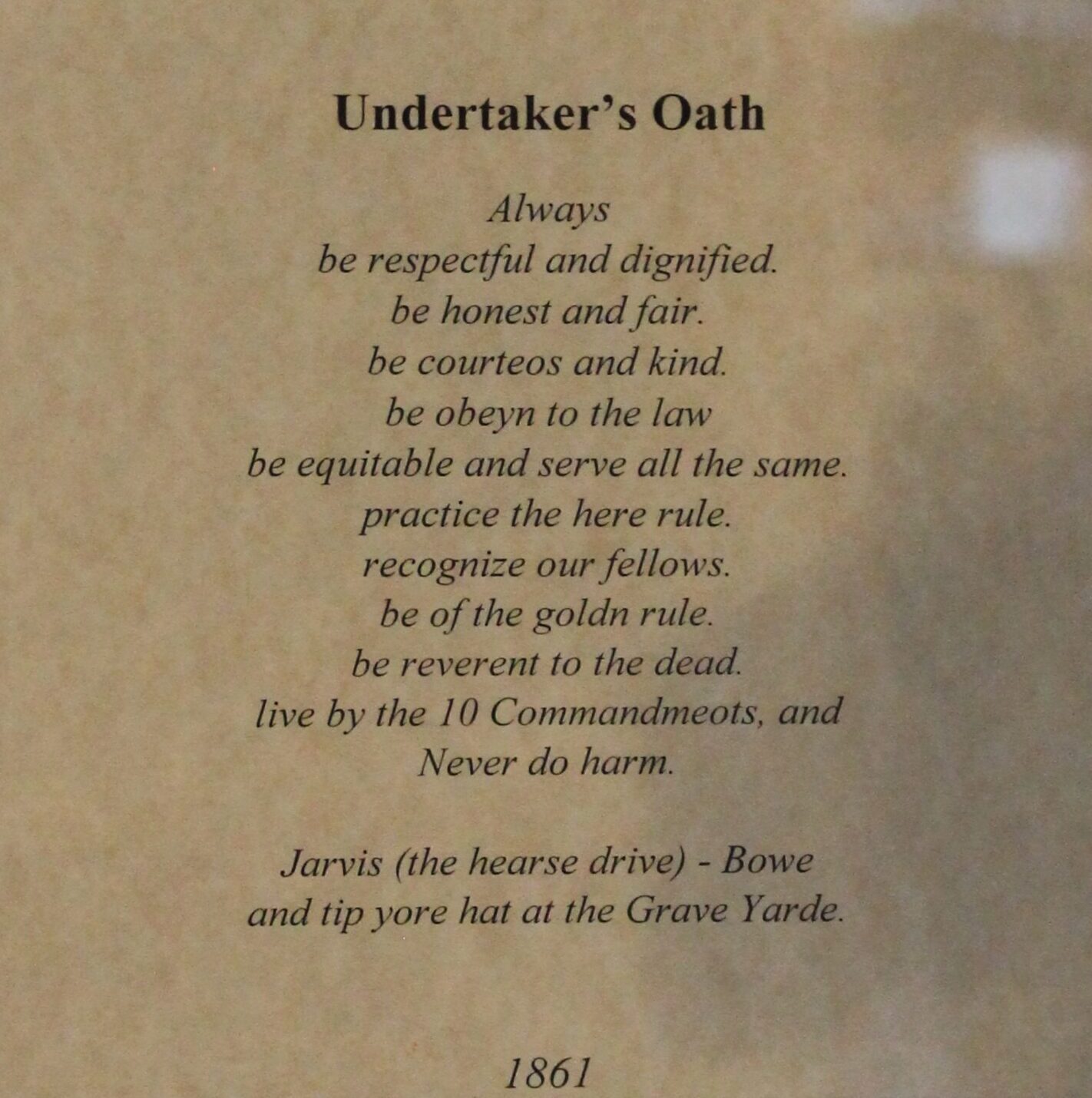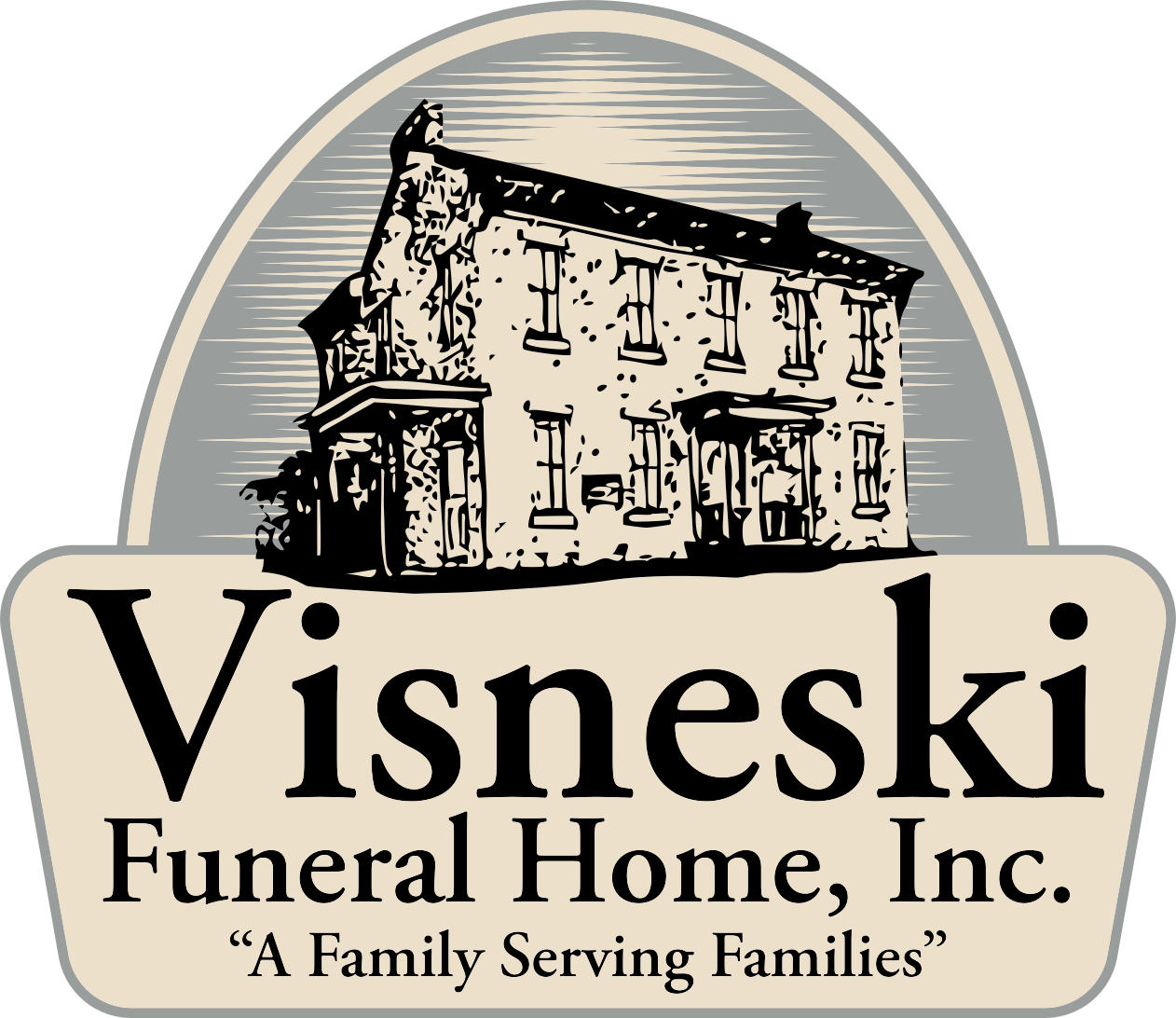
A power of attorney is no longer valid after death. The only person permitted to act on behalf of an estate following a death is the personal representative or executor appointed by the court.
A funeral director has many responsibilities in caring for the deceased and their families. Our roles include:
-Taking the loved one into our care and transporting them to our facilities
-Guiding families through their options
-Filing paperwork for the death certificate
-Preparing and submitting the obituary
-Embalming and/or preparing the body for viewing
-Making arrangements for cremation
-Funeral planning and event setup
-Coordinating with clergy or celebrants
-Arranging for transportation for the family and the deceased
-Arranging the purchase of a casket, urn, and any keepsakes the family chooses
-Arranging flower orders, register book and memorial folders or prayer cards
-Providing the bereaved with grief support
A funeral service is when a loved one is present for the service while a memorial service is when the loved one is cremated and, in an urn, or a picture is in place of an urn.
No. Pennsylvania law states that you cannot cremate in the first 24 hours after death.
Death Certificates allow you to close financial accounts, settle estates, claim life insurance, and pension beneficiary benefits.
The funeral director submits a Statement of Death (SSA-721) to the Social Security Office to notify them of the passing.
Specific information on the deceased:
-Full legal name
-Address
-Marital status
-Social Security number
-Date of birth
-Place of birth (city and state)
-Educational history (number of years of schooling)
-Armed Forces service dates and serial number
-Occupation or profession
-Parent’s names, including mother’s maiden name
-Who will be listed as the informant
-Advance Directives – If the deceased left any written advance directives concerning the disposition of his remains and memorialization, you need to bring them with you.
-Military Discharge Papers-DD-214
-Details on any cemetery property owned by the deceased or the family (grave plot,columbarium space, etc.)
-Photograph for obituary and any personal effects that you wish to be included in the viewing or burial
-Social Security Number


